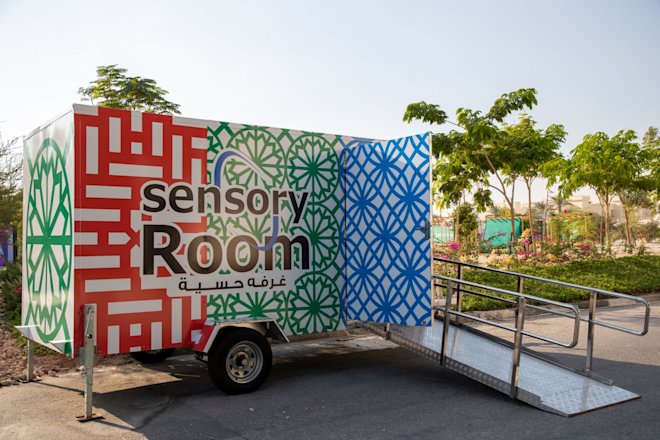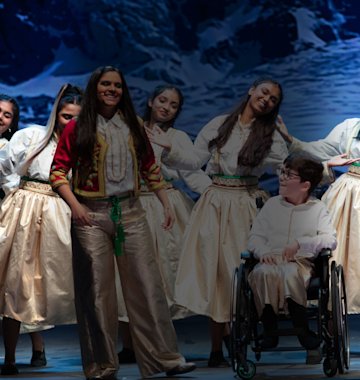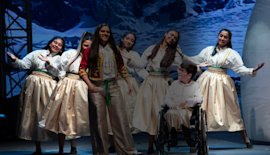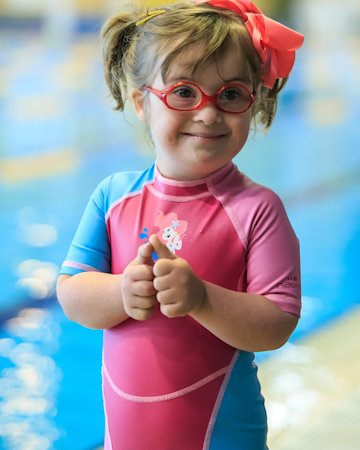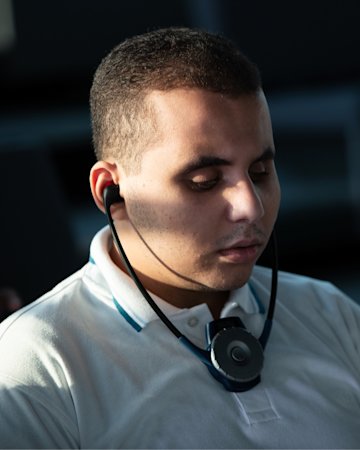How QF’s D'reesha set a new standard of accessibility for performing arts in Qatar
From including people of all abilities in its performances to having dedicated services for the blind and visually impaired, the deaf and hard of hearing, as well as neurodivergent individuals, the seven-day performing arts festival strived to weave accessibility into all its offerings. Here is how...
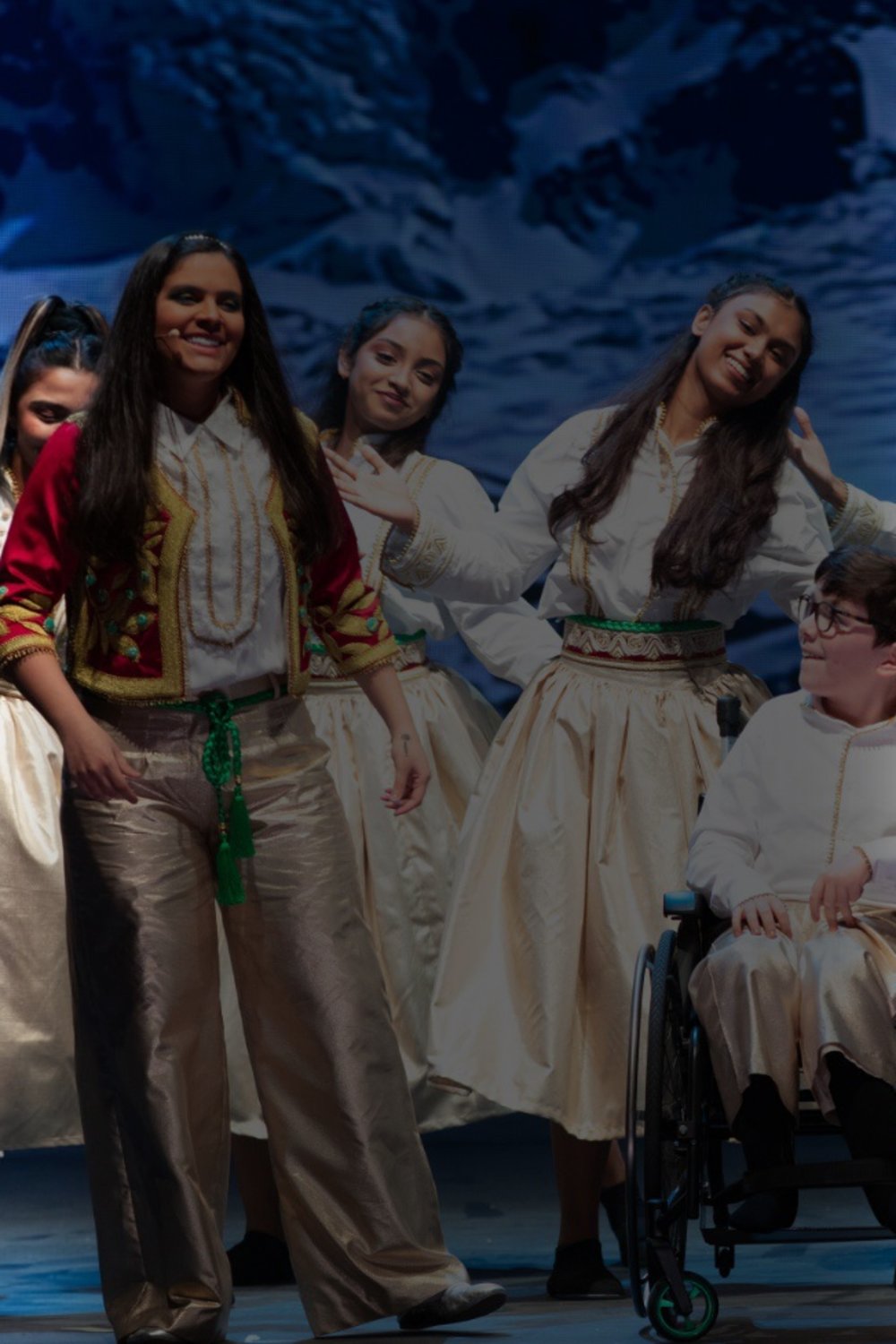
Accessible venue – Held in Education City’s Oxygen Park, a physically accessible venue with wheelchair-accessible pathways that facilitate access to all areas of the park, the festival welcomed people of all ages and all abilities.
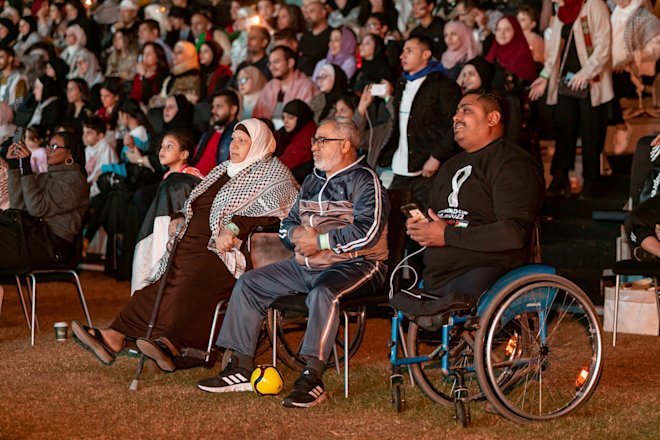
Inclusive performances – The cast of Ibn Battuta – one of the festival’s main performances included an 11-year-old wheelchair user. It also saw a 14-year-old Qatari pianist with autism perform solo.
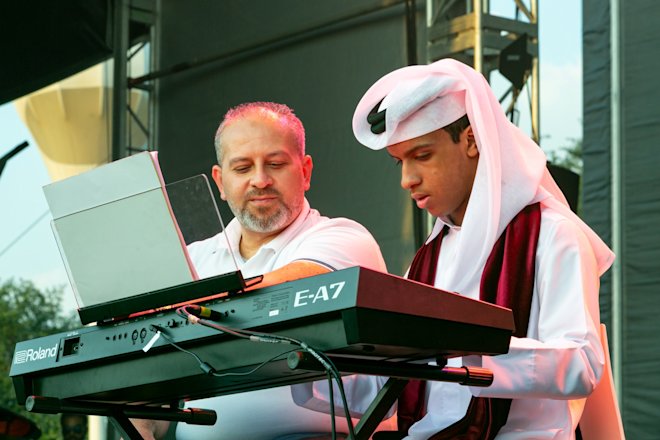
Audio description – To ensure the blind and visually impaired community was able to understand and enjoy the performances to their full potential, real-time audio description – in both English and Arabic – of the stage plays was made available with the support of QF’s Hamad Bin Khalifa University.
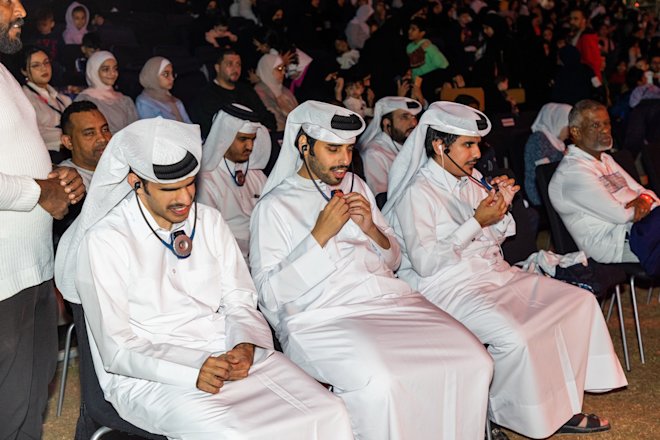
Touch tours – In addition to audio description, a tactile experience was also arranged for members of Qatar’s blind and visually impaired community. Through the tactile element, they were able to interact with the cast, feel the set and props, and touch the costumes, enabling them to get a feel of what was on the stage and how the performers were dressed.
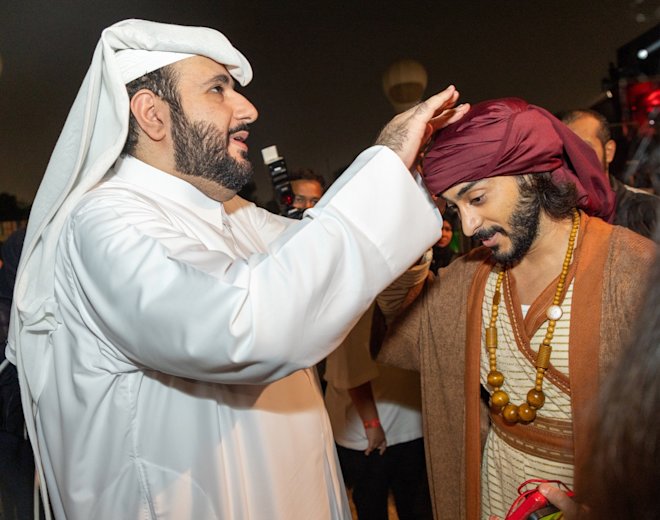
Sign language interpretation – Subtitles and sign language interpretation of selected stage plays were available for the deaf and hard of hearing community.
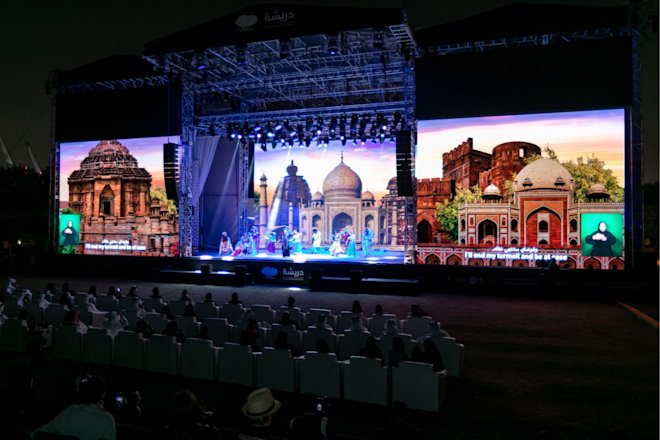
Sensory trailer – Equipped with a range of sensory tools, the trailer was there to support neurodivergent individuals in having an enjoyable experience and was particularly useful for those on the autism spectrum. It offered a safe, quiet place that could help stimulate the senses in a relaxing and calming environment and offered a quick escape from the hustle and bustle of the event.
